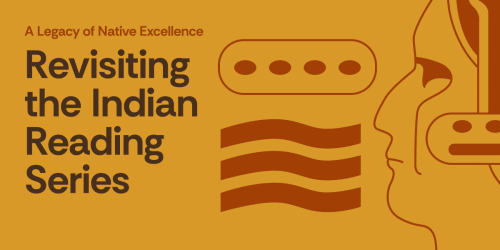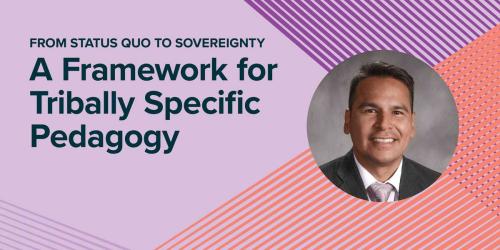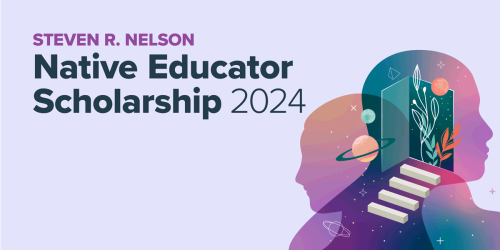Committed to Equity and Evidence
As Education Northwest looks back on its first 50 years, it’s a good time to think about how education practice, research, and policy are evolving across the region as well as the values we want to prioritize as we move forward.
In addition to my role as the Education Northwest’s board chair, I am a researcher at the University of Alaska Fairbanks. My work supports educational equity for Alaska Native and rural students, and since 2000, I have worked with many of the state’s most remote and rural districts. I appreciate that Education Northwest values educational equity as an essential piece to everything it does.
It’s worth remembering that as late as the 1970s, American Indian and Alaska Native students were taken from their homes and communities and sent to boarding schools run by the Bureau of Indian Affairs. Needless to say, our ideas are different today. When we talk about equitable opportunities in education now, it’s not about asking Native students to give up their culture. What equity provides is a chance for students to become successful in two spheres—the global world and their home culture. Only in this way do we give Native students a chance to become the best they can be.
Education Northwest doesn’t just talk about equity, it is a core value for action. From providing research and evidence to the Road Map Project’s efforts to improve results for English learners in seven Puget Sound-area school districts in Washington, to reporting on discipline disparity data in six Oregon school districts looking to establish a baseline to measure their progress moving forward, to bringing together educators from across the Northwest and Pacific islands for professional development and networking through an equity convening, Education Northwest is dedicated to helping schools and communities work toward closing the achievement and opportunity gaps.
While data-driven decision making has become a buzzword in the last few years, Education Northwest’s commitment to using research and evidence has been consistent throughout its half-century existence. A current example of this commitment is the organization’s leadership role on the Alaska State Policy Research Alliance, which supports education decisionmakers in the state as they use data and evidence to evaluate policies that promote college and career readiness.
What makes all of this possible is the dedication of Education Northwest’s leadership and staff, who have received recognition across the region and the country. Their impact has been felt in Alaska on many levels—research, policy, and technical assistance—and they have never wavered in their commitment to creating equitable opportunities for all students.
As the organization moves into its second half-century, we know that the issues and priorities in education and in the Northwest will evolve. Education Northwest will still be here, supporting schools and communities with research-based best practices that support success for every student.



